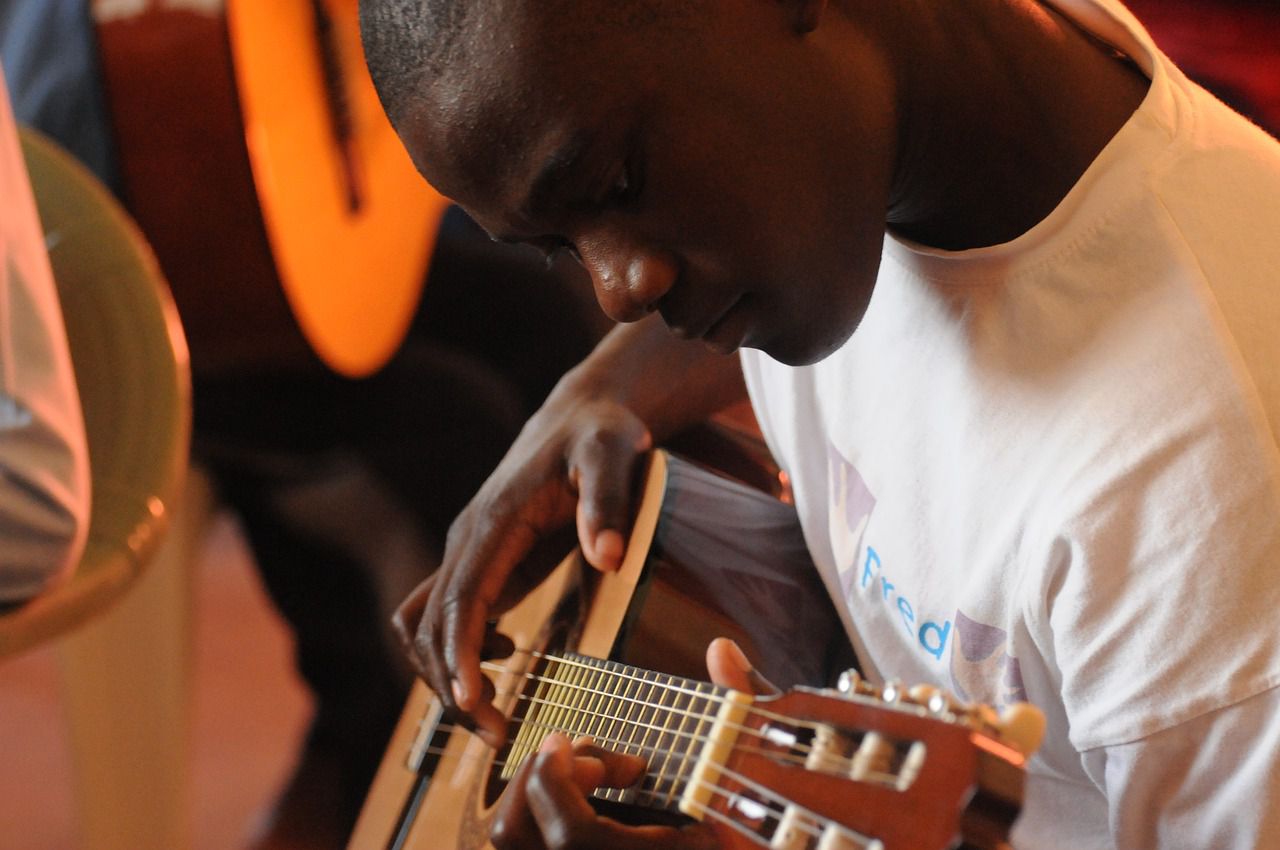Music can heal your heart, and music education can make your life better.
A recent USC study sheds light on the positive impact of music education on adolescents, extending beyond enhanced brain neural connections to actually boosting their overall well-being.
This research gains significance amid a nationwide mental health crisis and aligns with the recent approval of Prop. 28, which aims to increase arts and music education funding in California public schools.

More about the research
Led by Beatriz Ilari, the study explores the effects of music education on "positive youth development," measuring strengths and potential contributions of adolescents to society.
Conducted through anonymous online surveys of 120 students from Los Angeles Unified School District middle schools, the research revealed several positive outcomes.
Enhanced Future Hope
Students who began music education before age 8 displayed greater optimism about the future.
Age Influence
Younger students engaged in musical training scored higher in measures of positive youth development compared to older peers.
Equity and Access
Disparities in access to formal music education were evident, highlighting the need for programs like VMSME to democratize music education, especially in underserved communities.
The findings of the study
The findings underscore the potential of music education to positively impact adolescents' well-being, foster competence, and enhance their prospects for the future.
As the world continues to grapple with mental health challenges, integrating music education into school curricula offers a valuable avenue for nurturing young minds.












